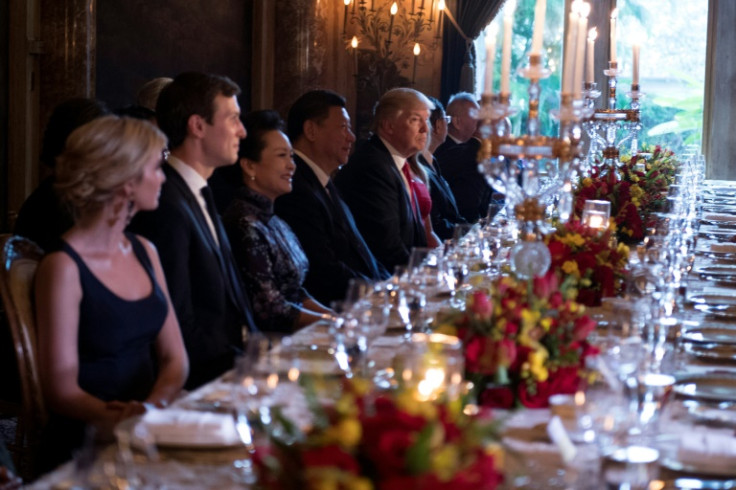
China made its stance on Bitcoin and cryptocurrencies clear in September 2021, when the world's second-largest economy banned crypto, marking a dark period in the industry as it became unclear how the country will deal with its BTC holdings from seizures.
However, it appears that the tides may be shifting in the nation that seeks to rival the U.S. in technology as Bitcoin Magazine CEO David Bailey revealed late Tuesday that Chinese President Xi Jinping has had a change of heart.
A Trump-Inspired Pivot?
Bailey, a prominent name in the BTC and broader crypto community, revealed Tuesday that "President Xi has completely changed his thinking on Bitcoin," citing someone "very much in the know."
Bailey went on to reveal that the shift in the Asian iron hand's stance was "in response to President [Donald] Trump's leadership," suggesting that Xi may watched how the business magnate gradually warmed up to Bitcoin and crypto in the lead-up to the U.S. elections.
Quite interestingly, Trump and Xi were "friends" until their relationship soured in the latter years of Trump's first presidency due to differences in leadership and the U.S. and China's intense battle not just for economic power but also for technological advancement.
It is unclear whether China will lift its ban on crypto in the coming months, but Bailey added that the country won't be selling its Bitcoin reserve "going forward."
Beijing has yet to comment on Bailey's statements regarding Xi's supposed softening up to BTC.
Inside China's $BTC, Crypto Crackdown
Like its economic and tech rival, China's Bitcoins came from seizures. The Asian economic giant has amassed 194,000 BTC (approximately $17.8 billion based on current prices) stash through the years, as per BiTBO data.
While it is the second country (after the U.S.) with the largest BTC stash, the Chinese government has implemented bans across the crypto space and Bitcoin mining as far back as 2013, when it first rolled out a notice that barred banks from engaging in any transactions related to Bitcoin.
At the time, the Chinese central bank said BTC is "not real currency" but "ordinary people have the freedom to participate at their own risk," as per a translation of the notice.
Since then, the Chinese government has banned initial token offerings, forced crypto exchanges in the country to shut down, introduced policies to cripple Bitcoin miners, and ultimately banned crypto trading.
It remains to be seen whether China will soon loosen its noose around BTC, and ultimately, other cryptocurrencies and crypto products as Trump enters the White House in January.
Xi said after Trump's presidential win that he wants to retain a "stable, healthy and sustainable China-U.S. relationship," noting the importance of "mutual respect, peaceful coexistence and win-win cooperation" between the economic titans.





